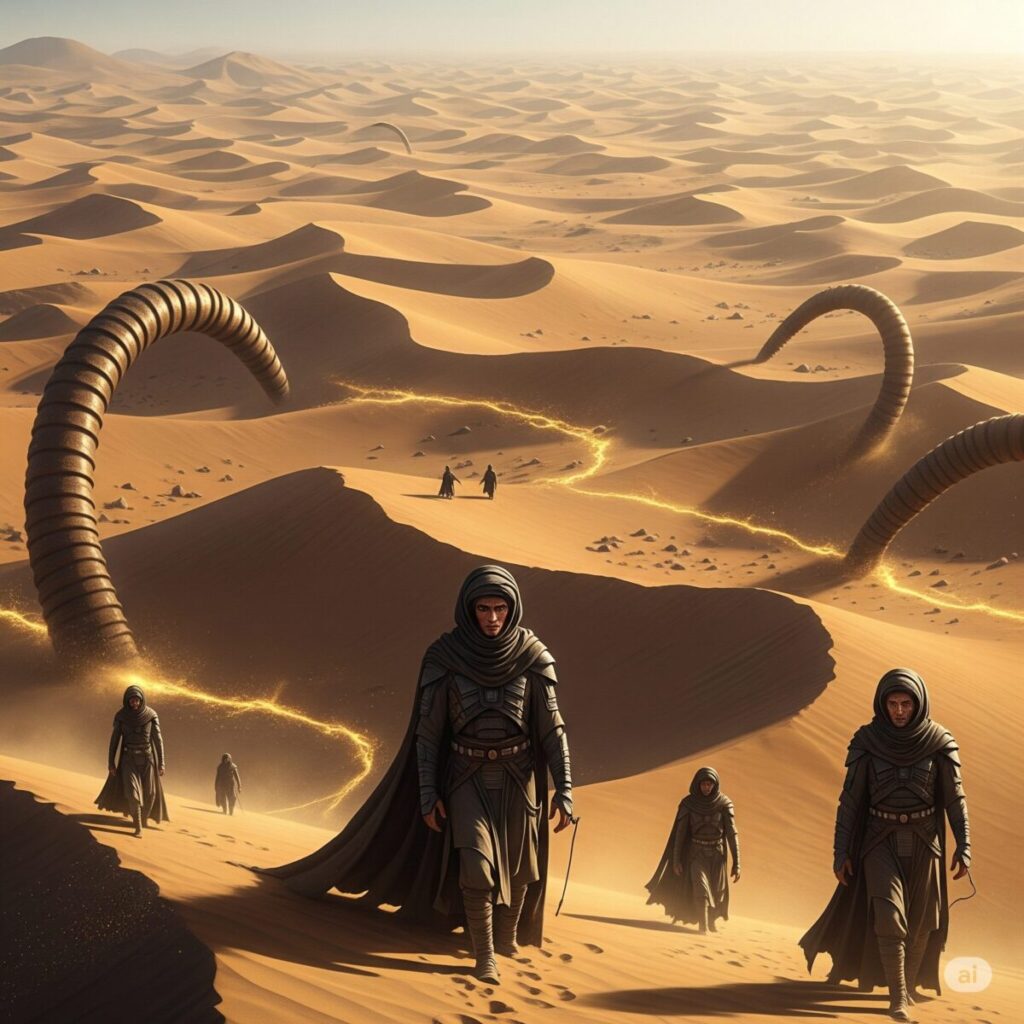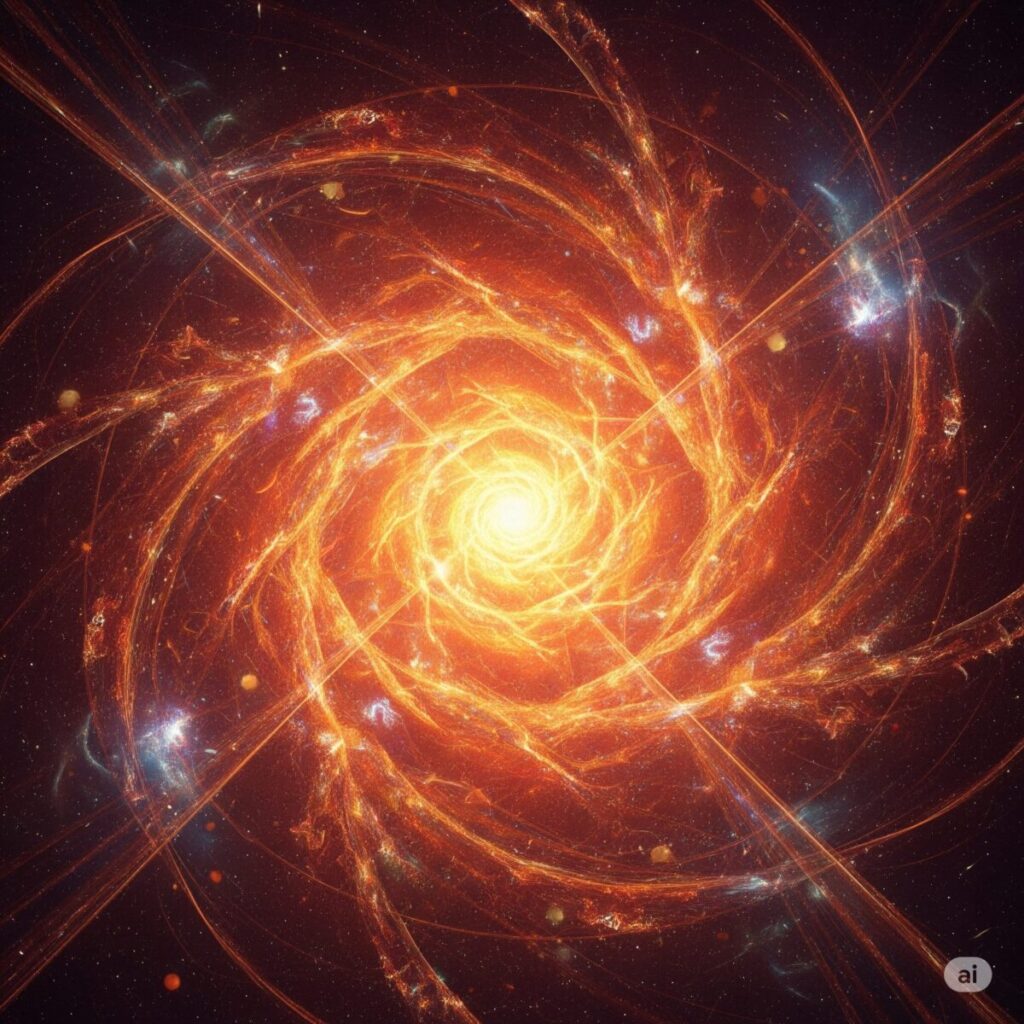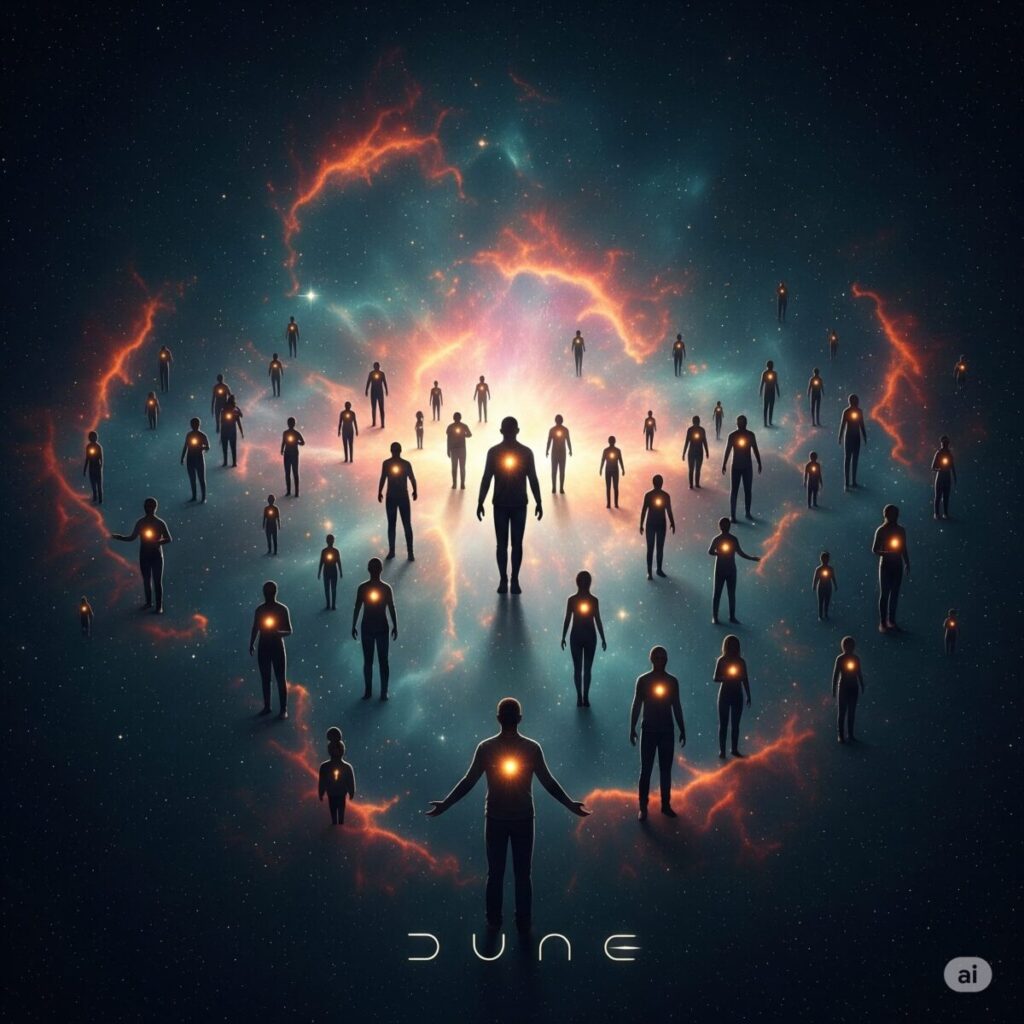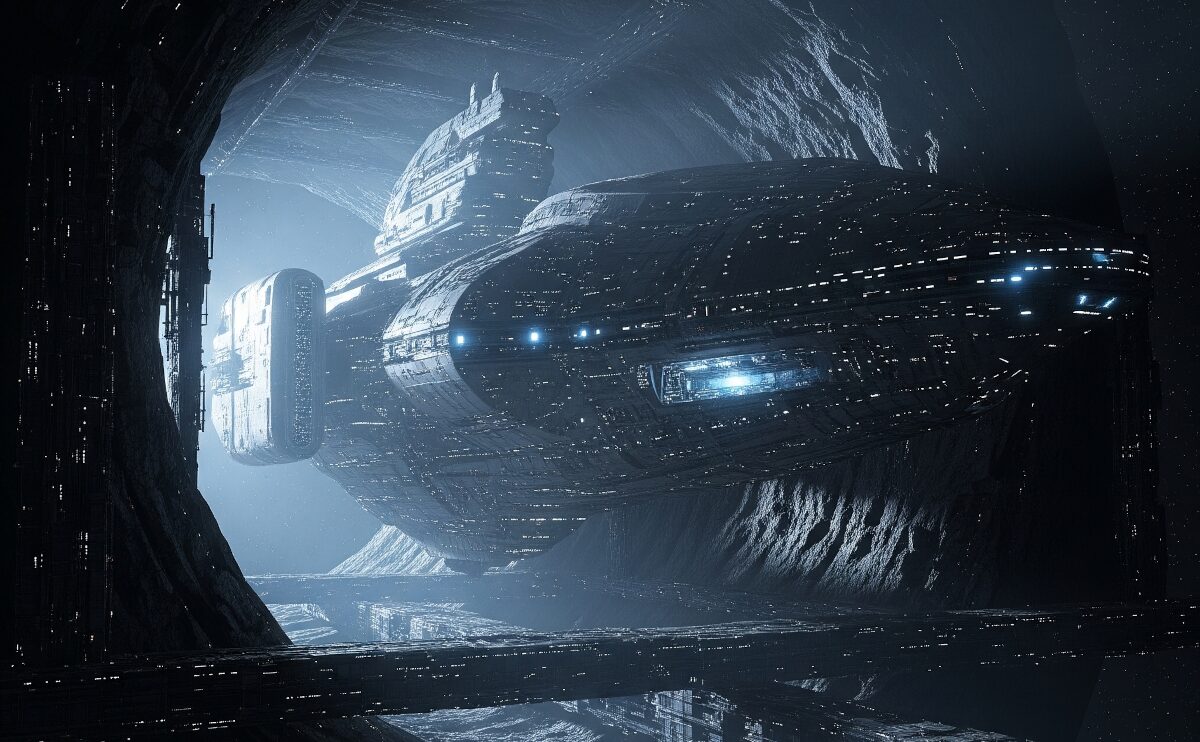Dune literary oasis
Dune literary oasis. Discover Frank Herbert’s masterpiece: a compelling blend of politics, ecology, and human destiny on the desert planet Arrakis. An essential sci-fi read.
- A Gentle Stroll into the Sands of Arrakis for the Sci-Fi Curious
- A Candid Look at Dune: For Those Who Don’t Mind a Bit of Cosmic Dust
- Deep Dive into the Literary Oasis: For the Discerning Sci-Fi Aficionado
- Major Works: Other Masterpieces by Frank Herbert
- Conclusion: A Timeless Literary Oasis
- Dune : The Philosophy of Cosmic Life and Humanity’s Future, Nurtured by Vita in Deserto (Life in the Desert)
Welcome, dear reader, to a journey into the sprawling, magnificent universe of Frank Herbert’s Dune. First published in 1965, this isn’t just a book; it’s a phenomenon, a profound space opera that has captivated generations and continues to echo through popular culture. Set millennia into our future, Dune masterfully weaves together intricate political machinations, deep ecological concerns, ancient prophecies, and the very essence of human ambition and survival on a harsh desert planet known as Arrakis. If you’ve ever sought a narrative that is both epic in scope and intimately human in its exploration, you’ve stumbled upon a true literary oasis.
A Gentle Stroll into the Sands of Arrakis for the Sci-Fi Curious
Now, I understand. The very phrase “science fiction” can conjure images of spaceships, aliens, and complex technical jargon that might make one’s eyes glaze over faster than a sandstorm on Arrakis. But, my dear, put those fears aside. Dune is rather like a grand, intricately brewed cup of Earl Grey – initially, it might seem a bit robust, but with each sip, you discover layers of delicate flavour you never anticipated.
Imagine, if you will, being a new student at a rather exclusive boarding school. That’s a bit like our protagonist, Paul Atreides, finding himself transplanted from a lush, aquatic world to the unforgiving, sandy expanse of Arrakis. Here, the biggest, most remarkable ‘school bullies’ are gargantuan, worm-like creatures, and the most valuable commodity isn’t pocket money, but a mind-altering substance called ‘spice.’ It’s a tale not just of interplanetary politics, but of family ties, heart-wrenching betrayal, and a young man’s struggle against a destiny far grander—and perhaps more terrifying—than he could ever imagine. Truly, it’s far more relatable than one might first assume, dealing with very human dilemmas amidst the cosmic backdrop.

A Candid Look at Dune: For Those Who Don’t Mind a Bit of Cosmic Dust
For those of you who possess a modicum of familiarity with the speculative realm, you’ll immediately sense that Dune is cut from a different cloth. It’s less about ray guns and more about the biting irony of human nature, a rather keen insight into our collective folly. Herbert, bless his cynical heart, paints a grand tapestry of environmental degradation, the intoxicating allure of religious fanaticism, and political manoeuvrings that would make Machiavelli blush.
Consider the “spice” – the highly coveted resource that fuels interstellar travel and extends life. One might almost say it’s rather like our own fossil fuels, perpetually fueling conflicts and shaping economies, with noble houses squabbling over it like children over the last biscuit. It’s a sobering reflection, isn’t it? Yet, in its unflinching portrayal, Dune subtly reminds us of the profound value science fiction offers: a safe, albeit sometimes stark, intellectual playground to examine the very real challenges of our own world. The delicate ecosystem of Arrakis, for instance, serves as a poignant mirror to our own environmental quandaries. Perhaps, if one were so inclined, one might even glean a bit of wisdom. No pressure, of course, but it wouldn’t hurt, would it?

Deep Dive into the Literary Oasis: For the Discerning Sci-Fi Aficionado
My esteemed aficionados, for those whose minds delight in the deeper currents of speculative fiction, Dune truly blossoms into an intellectual feast. Frank Herbert, with the precision of a master surgeon, dissects political science, ecology, sociology, and philosophy, weaving them into a seamless, compelling narrative.
Here, we delve beyond the surface. Consider Paul Atreides’s role as a reluctant messiah; Herbert offers a rather sharp, critical perspective on the Messiah complex itself, highlighting the perils of blind faith and the unintended consequences of grand, divinely-ordained paths. Then there’s the infamous “Golden Path,” a concept that brilliantly explores the eternal dance between free will and determinism, leaving one to ponder how much of our fate is truly our own. And the sandworms, those magnificent, terrifying Shai-Hulud? They are not merely beasts of the desert but integral components of Arrakis’s ecosystem, producing the very spice that governs the universe. Their presence inspires awe and a rather humbling reflection on humanity’s often-destructive impact on nature. The more one reads Dune, the more layers reveal themselves, much like the desert itself, shifting and unveiling new complexities with each passing breeze.

Major Works: Other Masterpieces by Frank Herbert
Should you find yourself utterly captivated by the world of Dune and yearning for more of Frank Herbert’s singular vision, you are in luck. He penned several other remarkable works that deserve your attention:
- Dune Messiah: The immediate sequel to Dune, delving deeper into Paul’s struggles with his prophetic burden and the complexities of his reign.
- Children of Dune: Continues the saga, focusing on Paul’s extraordinary children and the unfolding destiny of the Atreides lineage.
- The Dosadi Experiment: A standalone novel exploring human behaviour under extreme overpopulation and societal pressure.
- Hellstrom’s Hive: An unconventional science fiction tale inspired by the intricate social structures of insects, offering a chilling look at a hidden human society.
These works, while distinct, share Herbert’s signature intellectual rigour and willingness to probe the deeper questions of existence.
Conclusion: A Timeless Literary Oasis
And so, we conclude our little excursion into the world of Dune. It is, as I hope I’ve conveyed, far more than just a story; it’s a timeless masterpiece that transcends the typical boundaries of entertainment, offering profound insights into society, power, religion, and the very essence of humanity. Whether you are a seasoned voyager through the stars of science fiction or a curious novice peering over the fence, the tale of Arrakis, Paul Atreides, and the spice will undoubtedly resonate. It’s a book that continues to ask vital questions about our future, about what it means to be truly human, and about what, ultimately, we choose to believe in.
And, of course, one must always remember: this humble assessment is, at its heart, merely one gentle observer’s personal take. Toodle-oo!

Dune : The Philosophy of Cosmic Life and Humanity’s Future, Nurtured by Vita in Deserto (Life in the Desert)
Related Articles
-
Heechee Gateway Expeditions: The Unsettling Wonder of Gateway

Embark on Heechee Gateway Expeditions into the unknown. Frederik Pohl’s ‘Gateway’ explores humanity’s perilous dance with alien technology and the profound psychological cost of cosmic ambition.



Leave a Reply